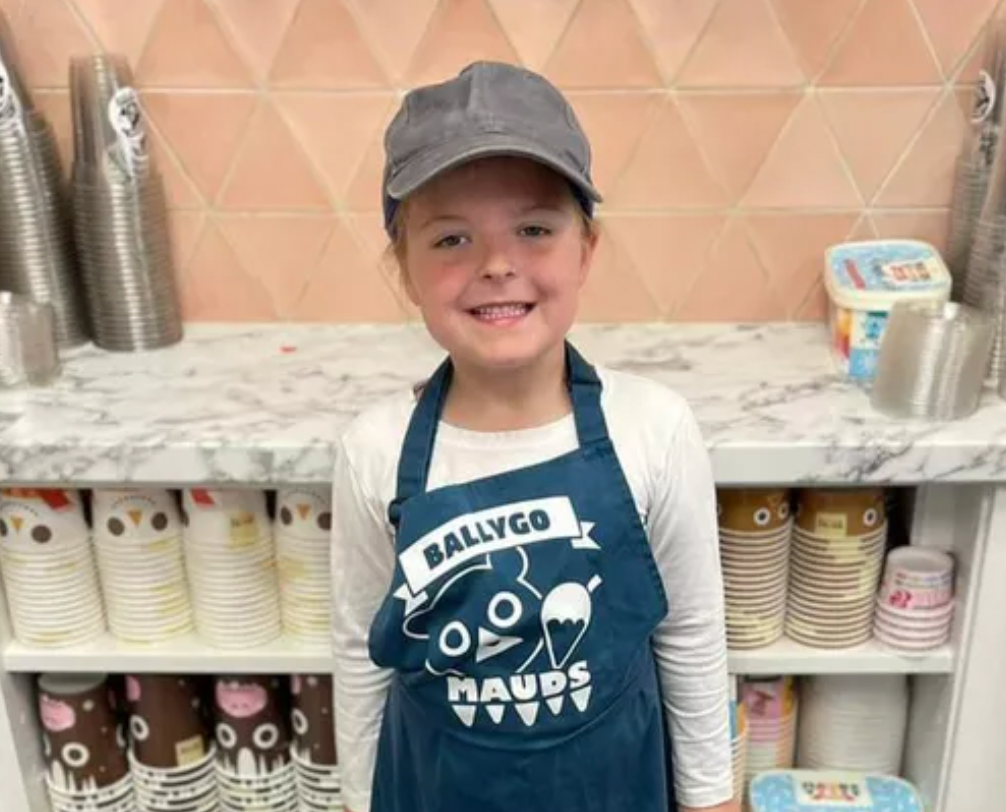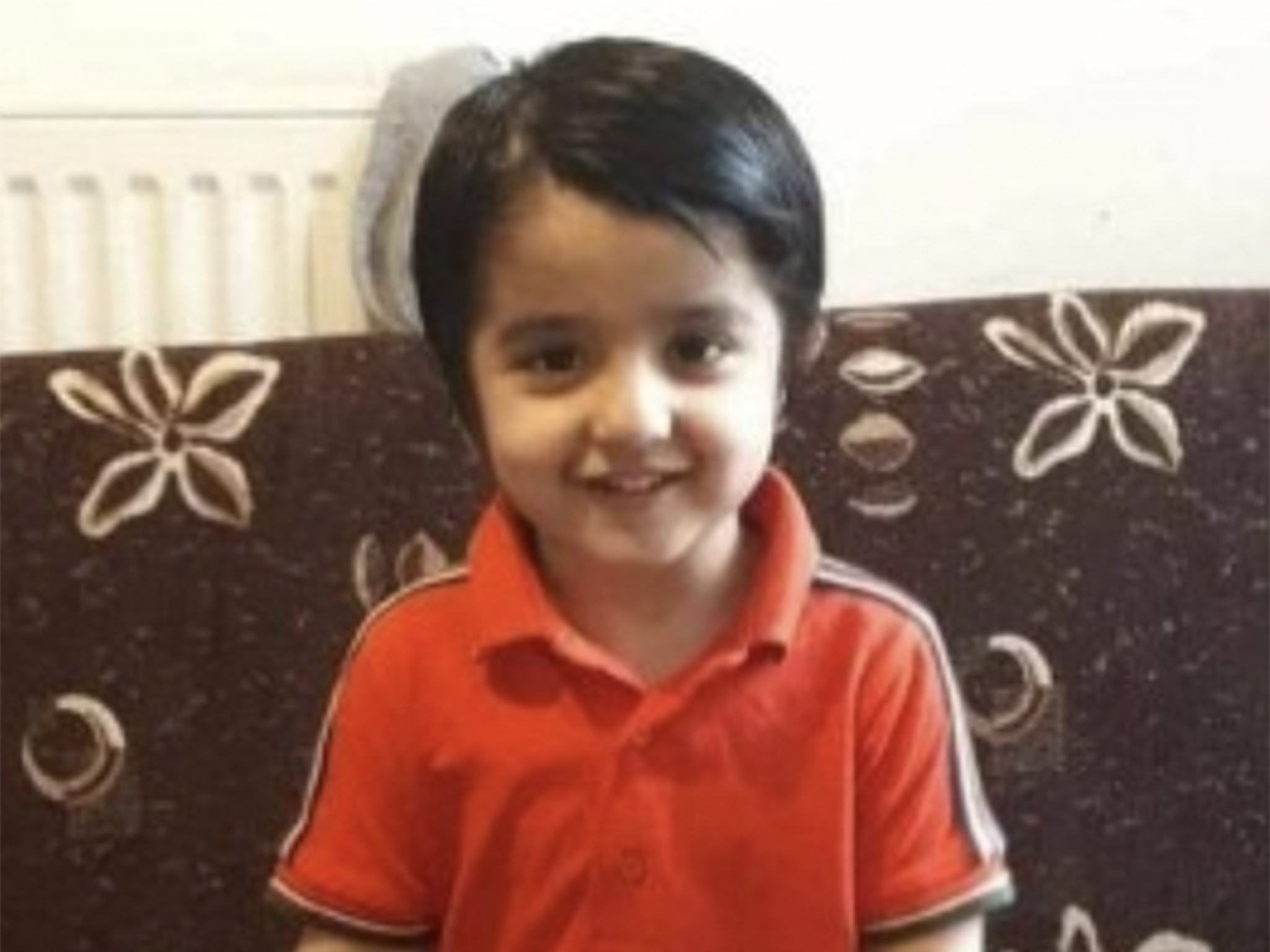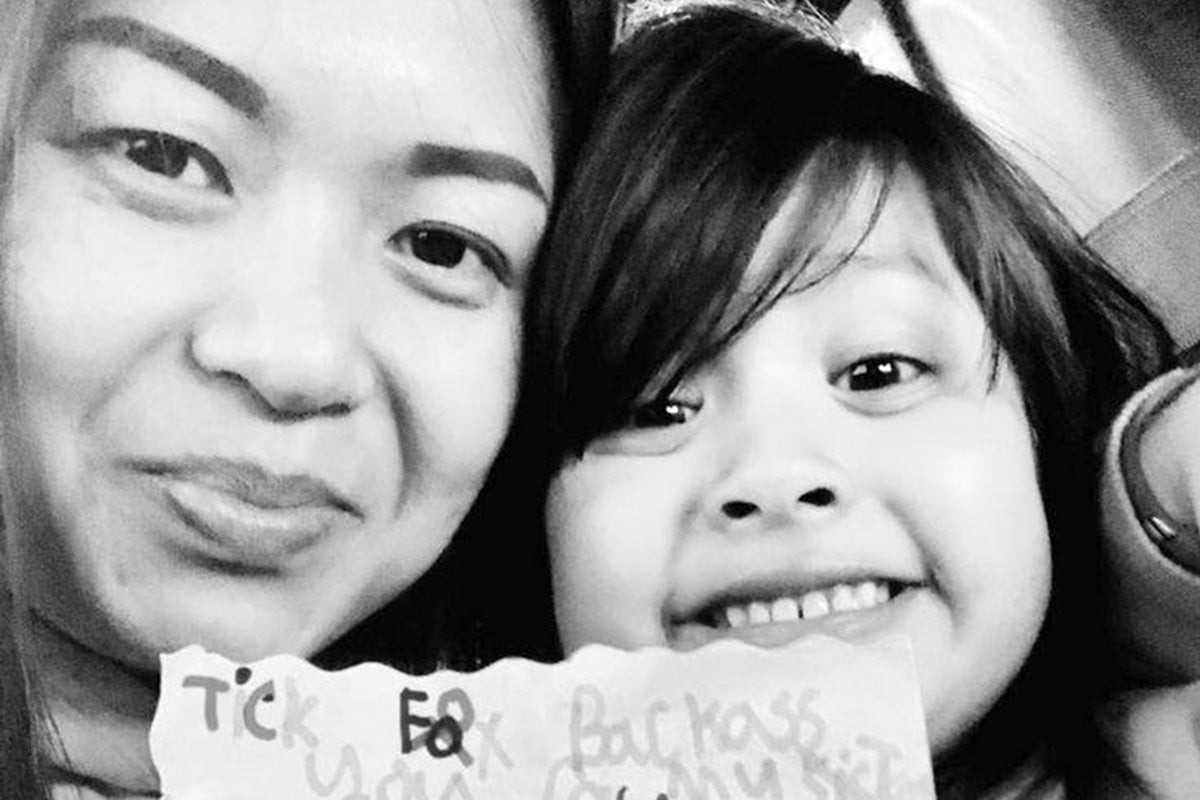Strep A concerns create ‘carnage’ and ‘eyewatering demand’ for the NHS
‘We don’t know where this wave is going to end up. So we have to take it seriously,’ said Dr Shamez Ladhani

Your support helps us to tell the story
From reproductive rights to climate change to Big Tech, The Independent is on the ground when the story is developing. Whether it's investigating the financials of Elon Musk's pro-Trump PAC or producing our latest documentary, 'The A Word', which shines a light on the American women fighting for reproductive rights, we know how important it is to parse out the facts from the messaging.
At such a critical moment in US history, we need reporters on the ground. Your donation allows us to keep sending journalists to speak to both sides of the story.
The Independent is trusted by Americans across the entire political spectrum. And unlike many other quality news outlets, we choose not to lock Americans out of our reporting and analysis with paywalls. We believe quality journalism should be available to everyone, paid for by those who can afford it.
Your support makes all the difference.NHS 111, primary care and A&E services have suffered “carnage” following the recent outbreak in Strep A cases, The Independent has been told.
Senior staff working across services in the NHS have warned that news about the outbreak of Strep A has pushed more parents to use services during a time when demand is already at record levels.
Leading epidemiologists speaking with The Independent have warned that the outbreak, which has killed at least nine children, could only be the beginning, with peaks usually expected closer to spring.
It comes following reports of a shortage of liquid amoxicillin, most commonly used for children needing treatment for the illness. The Independent has been told that the Department of Health and Social Care’s medicines team is considering options for pharmacists and GPs in face of the shortage.
Although Group A Strep is a common strain of bacteria, invasive Group A Strep, which causes the most severe infections, is rare.
Clinicians across the country have warned the news has triggered additional demand, after services now “inundated” that were already seeing high levels children being brought in due to winter viruses.
One NHS source in London said their A&E had seen “eye-watering” levels of attendance with a record 200 children arriving at their trust’s A&E in a single day – double the number seen in 2019.
Another senior source in the southwest warned that their GP services had seen a 40 per cent increase in patients over just a week.

The crisis within the NHS 111 service, which has seen patients waiting half a day for a callback, has been worsened by the recent Strep A cases.
NHS 111 staff reported they were already struggling under the pressures of demand from callers, warning patient safety is at risk as people are left waiting hours for a clinician to call back.
Speaking with The Independent about the outbreak of Strep A, Dr Shamez Ladhani, a paediatric epidemiologist at St George’s said: “We are seeing the number of cases, the hospitalisations, and deaths are increasing, and that is the time to be concerned because we don’t know how high or how long this wave will be. So the right thing to do is to be concerned, is to raise awareness and try and find ways of reducing that risk as quickly as possible so that we does the cases don’t go too high.”
“We don’t know where this wave is going to end up. So we have to take it very seriously … and quickly.”
He explained the wave had come at an unusual time as was “completely off-season” as it is usually found when cases of chickenpox are circulating at high levels.
Dr Ladhani added currently there is “a sudden and rapid increase in cases and hospitalisation, which aren’t linked with chickenpox. It’s not the typical pattern that we would expect and that’s why it’s concerning. They’re clustered too quickly.
“So our concern is, is the first sign of worse things to come? And we don’t know that so the right thing to do is to raise awareness.”

The paediatric consultant said invasive Strep A, which is causing the acute cases and deaths, is very difficult to diagnose because it can be in children who have a virus and may be recovering then suddenly get very sick.
“I think one of the important things that I think people are missing is there a lot of viruses out there, we don’t always check all the viruses that can make children unwell. So this idea that you can look at one virus and say what’s going on is not so straightforward.”
Dr Simon Clarke, microbiologist at the University of Reading, said that it is not a new strain.
He explained there is a “reasonable” hypothesis that there is less population-wide immunity following the pandemic and should that lead to increased cases that would lead to increased deaths.
A second theory he said was “plausible” was other viruses such as flu or RSV, which are in higher circulation could be worsening the situation. Although he explained there is yet to be evidence for that.

He said: “We don’t know it’s not going to keep getting bigger, we’d expect the peak later in winter more towards the beginning of spring but we don’t know we’re not going to get that this time around and we’re not going to just get a bigger caseload over this space of 12 months.”
Dr Elizabeth Whittaker, paediatric infectious diseases consultant, said: “Although we’re seeing more invasive group A Strep than usual at this time of year it’s still very rare if you take the whole population of England. I don’t think parents need to worry about their individual child, but be aware of what features should prompt seeking medical input. We also need to make sure that the health professionals who might see these children, whether that’s in primary care, or in A&E departments have the right information to make an assessment about who needs admission and/or antibiotics.
“If everybody runs to A&E because their child has a feverish illness, the children who are really sick will struggle to access care and that could be problematic very quickly. So we would say that there is no reason for parents to be more to attend any A&E more quickly than they would have before.”
She added: “I know from talking to my colleagues in our emergency departments, both in London, but also across the country, they have been inundated with worried parents over the weekend, to the point where it is very difficult for the teams to see all the children in an appropriate time period. We would encourage parents to access online resources and information to make a risk assessment for their child first.”
Dr Whittaker said “we are seeing fewer cases this week than in previous weeks and so this could mean we are over the worst and on the way down”.
What parents have been advised to do if they have a child is unwell
Advice from UK Health Security Agency on Strep A
The first signs of scarlet fever can be flu-like symptoms, including a high temperature, a sore throat and swollen neck glands (a large lump on the side of your neck).
A rash appears 12 to 48 hours later. It looks like small, raised bumps and starts on the chest and tummy, then spreads. The rash makes your skin feel rough, like sandpaper. The rash will be less visible on darker skin but will still feel like sandpaper.
UK Health Security Agency has told parents to:
Contact NHS 111 or your GP if:
- your child is getting worse
- your child is feeding or eating much less than normal
- your child has had a dry nappy for 12 hours or more or shows other signs of dehydration
- your baby is under 3 months and has a temperature of 38C, or is older than 3 months and has a temperature of 39C or higher
- your baby feels hotter than usual when you touch their back or chest, or feels sweaty
- your child is very tired or irritable
Call 999 or go to A&E if:
- your child is having difficulty breathing – you may notice grunting noises or their tummy sucking under their ribs
- there are pauses when your child breathes
- your child’s skin, tongue or lips are blue
- your child is floppy and will not wake up or stay awake



Join our commenting forum
Join thought-provoking conversations, follow other Independent readers and see their replies
Comments